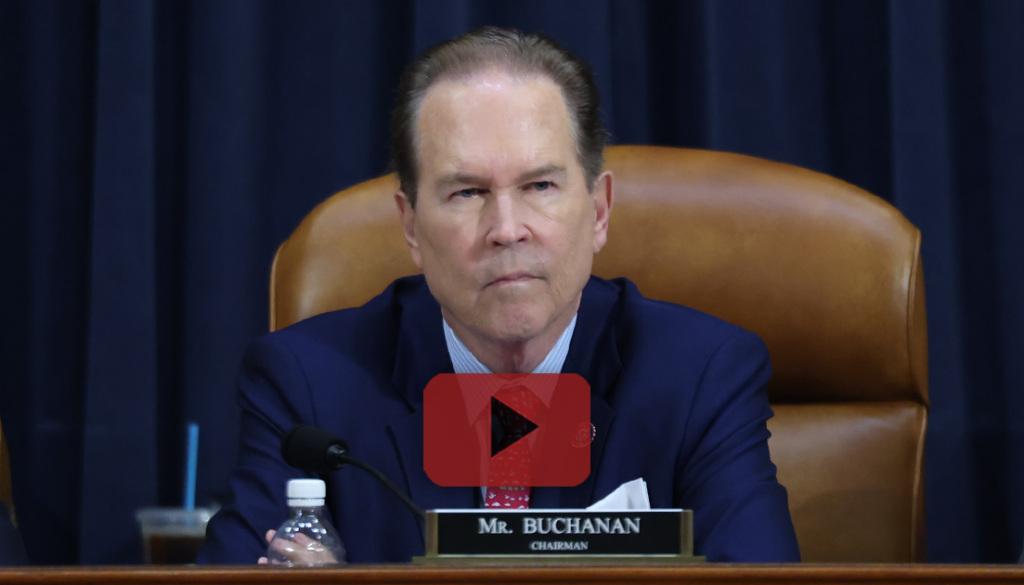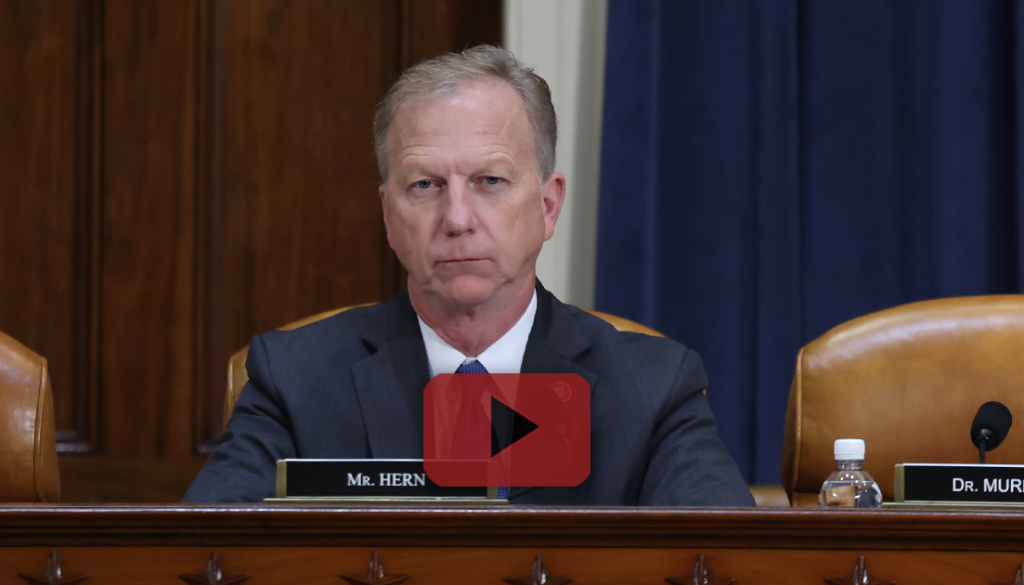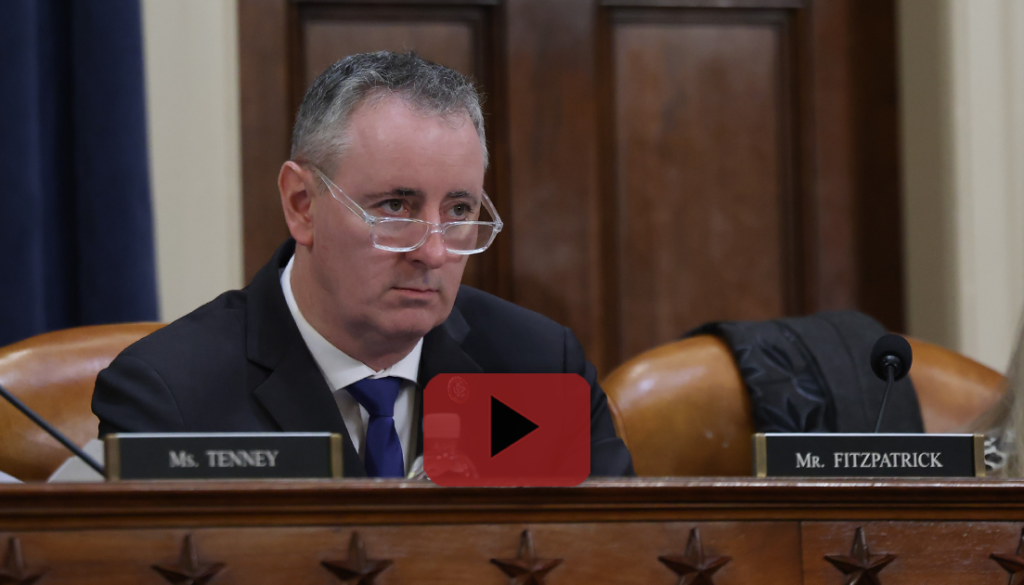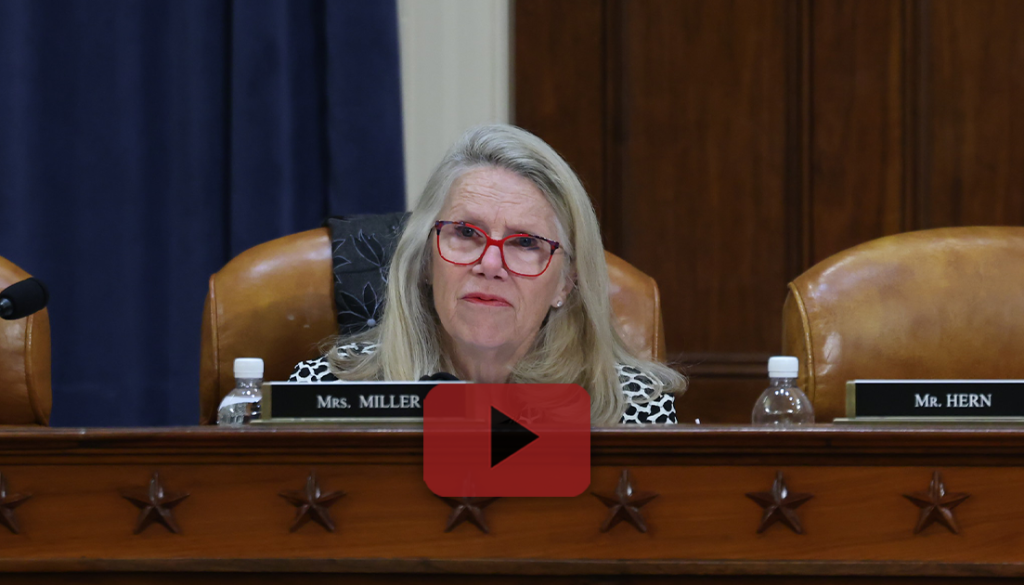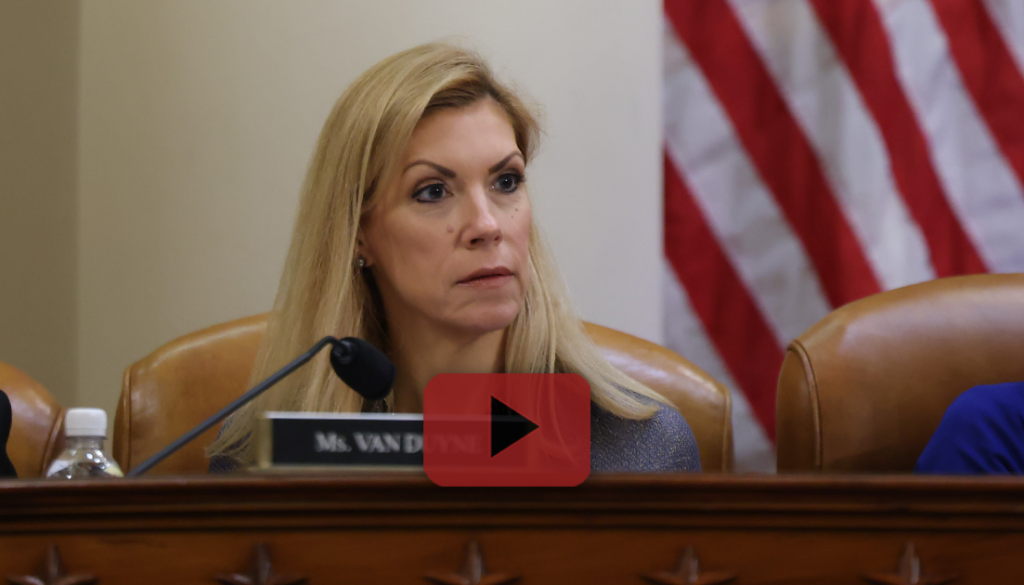WASHINGTON, D.C. – Washington policies and regulations, coupled with high inflation, have contributed to the steady collapse of independent medical practices, warned doctors and health professionals at a Ways and Means Health Subcommittee hearing. The witnesses, many of whom work or worked in private practices, explained how harmful government policies and market conditions have made it nearly impossible for independent practices to keep their doors open and provide care for patients. Certain payment policies have also resulted in greater consolidation among large hospital systems and made it more difficult for independent physicians to recruit and retain staff. Specifically, unpredictable and shrinking reimbursement from the Medicare Physician Fee Schedule and burdensome quality reporting requirements uniquely harm small private practices that do not have the finances or staff to comply with these regulations. This means health care providers and staff are spending hours on compliance and paperwork instead of patient care.
The result has been an alarming drop in the number of doctors in private practices. Compared to 30 years ago, there are now 30 percent fewer doctors in private practice. Today, only one in three family physicians are independently owned, private practices. As hospital systems continue to buy up independent practices and consolidate the delivery of health care services, patients often pay more for worse care. After hospitals buy a private practice, prices rise on average 14 percent, while preventable hospital admissions increase 13 percent, further driving up health system costs.
Medicare Regulation Puts Bureaucrats First – Not Patients
The Merit-based Incentive Payment System (MIPS) places a huge administrative burden on medical providers, which small and independent medical practices are least equipped to meet. One estimate found that physicians and their staff spend an average of $12,811 and 201 hours annually complying with MIPS rules and regulations. Large hospitals and medical groups have an easier time finding and hiring the administrative staff needed to comply. A Kansas urologist in private practice told Health Subcommittee Chairman Vern Buchanan (FL-16) that MIPS requires his practice to spend money and time on regulation, instead of caring for patients.
Rep. Buchanan: “Dr. Richardson, you talked about the administrative burden has gotten a lot worse. Can we do better?”
Dr. Timothy Richardson, Kansas urologist: “A lot of it revolves around MIPS. I have three staff that are constantly reporting, following up. Towards the end of the year, I had a conversation with our Director of Operations and asked, ‘How much time do you spend reporting and dealing with MIPS?’ She said towards the last two months of the year, ‘It’s at least half of my day.’ Our head of IT – it’s at least half of his day. Our head nurse manager – it’s at least half of her day, and throughout the year, it’s a never-ending game. The costs of [compliance] are going up every year, so you have to keep adding administration for that. …At the end of the day, it’s just the increased cost, the increased need to try to employ more staff, and the competition to try to employ those staff with competing hospitals in town that can pay those staff more. MIPS, especially towards the end of the year, is a huge burden for my office staff.”
Hospitals Charge Patients More for Same Care Compared to Private Practices
Current misaligned incentives under Medicare’s payment structure create unfair competitive advantages for hospitals over private practices in the health care system – contributing to the loss of private practices nationwide. Under current regulations, hospitals are allowed to charge Medicare more, and higher out-of-pocket costs to patients, for the same care. Several studies confirm that large hospitals are allowed to charge patients higher out-of-pocket costs compared to independent practices. One study found that prices at physician practices rise by 14 percent after being purchased by a health system. Studies suggest patients do not receive better care for these more expensive costs in a hospital-owned practice. In fact, doctor-owned practices had 13 percent fewer hospital admissions compared to their hospital-owned counterparts. Rep. Kevin Hern (OK-01) asked how changes to these Medicare reimbursement rules for hospitals could lower costs for patients.
Rep. Hern: “Dr. Richardson, would you agree that requiring unique identifiers for on- and off-campus facilities and other site-neutral policies would lead to lower out-of-pocket costs for patients?”
Dr. Timothy Richardson, Kansas urologist: “Absolutely. We have a very comprehensive ‘one-stop shop’ practice where we offer radiation therapy, diagnostic therapy, surgical therapy, medication therapy, clinical trials. We basically do treatments and diagnosis throughout the gamut. If we sold to a hospital system, overnight, by changing nothing, not changing the sign on the door, not changing the physicians, not changing location, overnight, it would cost two to three times more for any of the insurance companies or Medicare, and the patients out-of-pocket as well. It absolutely makes a big difference when all of a sudden your billing under a hospital code instead of an outpatient procedure code or an outpatient clinic code. The price just skyrockets and it has nothing to do with quality of care, has nothing to do with access to care.
“Number One Thing”: Private Practices Call On Congress To Fix Medicare Reimbursement
Physicians in small and independent practices providing care to patients often rely on Medicare reimbursement, which is set by the Medicare Physician Fee Schedule. This reimbursement was slated for cuts each of the past several years, leading to financial instability for these providers, until Congress voted to protect patient access to physicians and mitigate the cuts. When adjusted for inflation and practice costs, Medicare reimbursement for doctors has fallen 29 percent since 2001. One witness, among others, testified to Rep. Brian Fitzpatrick (PA-01)that if Congress seeks to prevent further private practice closures, it must fix Medicare doctor reimbursements.
Rep. Fitzpatrick: “Can you discuss some of the impacts that this pressing financial instability is having on physician practices, including things like difficulty in retaining staff, trouble keeping their doors open, rising costs, administrative burdens, and the like?”
Ms. Chris Kean, Texas private practice administrator: “Trying to retain our staff has been very, very difficult and it’s not just the hospitals that we’re competing against. I’m competing against retail entities that can just simply raise their prices. We can’t do that. That is probably the biggest thing that is the impact there. Congress must act. Congress must act to avoid these cuts. We all cheer that it wasn’t as bad as it could have been. It’s as bad as it has ever been and it needs to be addressed immediately. If this panel is trying to figure out how to protect private practices, that’s the number one thing. There’s nothing else after that.”
Independent Practices Foster a Better Doctor-Patient Relationship
In addition to bad health care policies, Bidenflation is leaving independent medical providers with no other option but to close or sell to a larger medical group. As a result, patients can lose access to their doctors or receive lower-quality care. A part of that fallout is the severing of the doctor-patient relationship. Smaller practices allow doctors to build stronger and lasting relationships with their patients beyond quickly reading a chart during an appointment, giving all involved more insight into the best care for the patient. Rep. Carol Miller (WV-01) noted that independent practice fosters a healthy doctor-patient relationship, particularly in rural areas where patients frequently have fewer resources to access medical care.
Rep. Miller: “In today’s economic environment with inflation through the roof, and thanks to the reckless spending that continues to go on with this Administration, many independent physician practices cannot afford to keep their doors open…Dr. Gholson, I was really disheartened to hear about your struggles and your practice that you endured because of bad policy. I know firsthand how devastating it is to rural communities to lose their local doctor…Can you go into detail about the different physician-patient relationships that happen in independent practices, particularly in rural areas, compared to physicians in these huge practices?”
Dr. Jennifer Gholson, Mississippi doctor: “To paint the picture of how rural my community is, we are a one-stoplight town. My patients could walk to my practice to see me because we were right downtown. I was able to do home visits with my patients, which gave you incredible insight into what was going on in their life. I would see them at Walmart, and they would talk to me about their care. I would see them in church, and they would ask me questions about which specialists they felt like they needed to go to. Even though I closed my practice in 2022, I still get those questions from my former patients even today.”
Bad Policies Distract Physicians From Providing Patients With Quality Care
Abuse of utilization management services, like “prior authorization” which requires doctors to get approval from health insurers before providing a health service to a patient, delaying needed care, is an increasingly growing administrative burden placed on independently owned medical providers. During the hearing, several witnesses contended excessive prior authorizations force providers to focus on paperwork first rather than patient care. Eighty percent of doctors report prior authorization led to worse outcomes for their patients. Rep. Beth Van Duyne (TX-24) highlighted how burdensome prior authorization, along with other administrative tasks, leaves less time for doctors to provide care to patients, especially for doctors in private practices who receive little or no administrative help.
Rep. Van Duyne: “Dr. Desai, it’s great to see you again and I’d like to ask you what reforms you would like to see that would encourage higher quality care in Medicare while reducing those burdens for physicians?”
Dr. Seemal Desai, Texas dermatologist: “I think you hit the nail on the head. I think the fact that we’re here in a meeting talking about physicians not being able to dedicate their time to serving the patient’s needs, because they’re too busy filling out paperwork, clicking buttons, on a phone call, hiring dedicated employees that are full-time equivalents with full salaries simply to do burdensome paperwork like prior authorizations, is the problem.”

